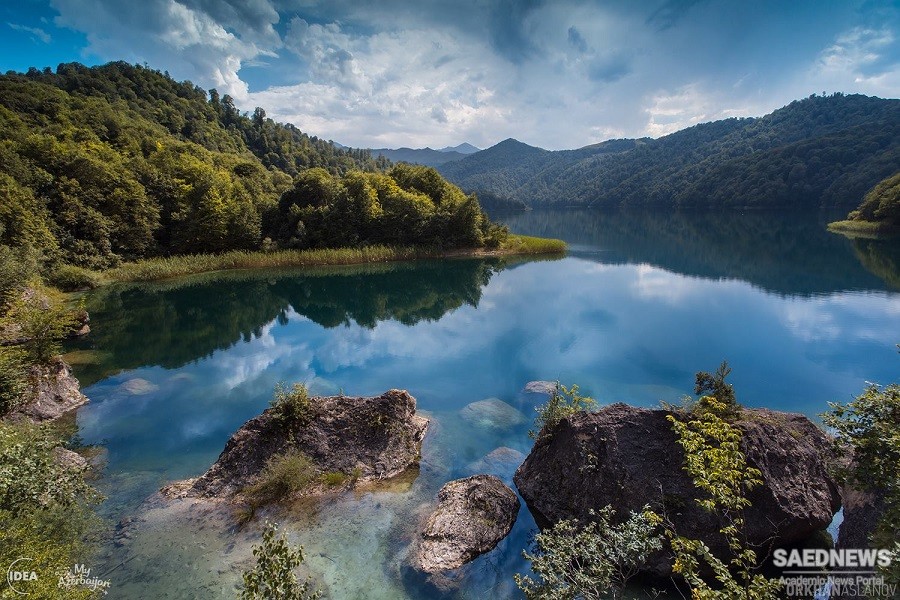Some of the definitions of ecotourism that have proved popular in recent years. Although any number of principles of ecotourism can be devised, an analysis of definitions such as these indicates that three dimensions can represent the main essence of the concept. According to this interpretation, ecotourism is: • nature based, • environmentally educated, and • sustainably managed. The last dimension is taken to encompass both the natural and cultural environments involved in supplying the ecotourism experience. Thus, where Ross and Wall (1999) outline five fundamental functions of ecotourism; namely: (i) protection of natural areas; (ii) education; (iii) generation of money; (iv) quality tourism; and (v) local participation, the last three fall under the heading ‘sustainably managed’ in this chapter. The three-dimensional interpretation is also consistent with Buckley’s (1994) restrictive notion of ecotourism in which ecotourism is nature based, environmentally educated, sustainably managed and conservation supporting. One further dimension of ecotourism, not referred to in most definitions, but worthy of the status of at least a ‘secondary principle’, involves the small-scale, personalized and hence alternative nature of many classical ecotourism experiences. The above three principles, together with this fourth, provide the defining characteristics of classical ecotourism. Popular ecotourism is similar to classical ecotourism with the exception that it does not qualify as a form of alternative tourism. Each principle is now described in detail, beginning with the nature-based dimension (Source: Encyclopedia of Ecotourism).


 Ecotourism: Maximization of Benefits for Environment ,Tourists and Local People
Ecotourism: Maximization of Benefits for Environment ,Tourists and Local People














































